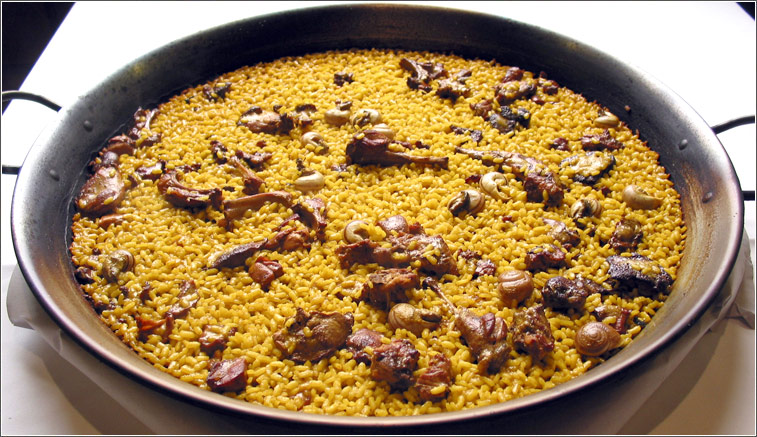Ch-ch-ch-ch-changes

We were in a restaurant last week. The food was reasonable enough as was the price. At first the service was good but, despite repeated efforts to draw a waiter's attention, it took us around 25 minutes to get the after food coffee. This has happened a lot recently. Waiting table in Spain used to be a well respected profession. That seems to be less so nowadays and, in my opinion, service has worsened over the years. This made me wonder about other things that have changed since we moved here. My guess is that some of the changes have nothing much to do with Spain, just to do with the world. After all in our first rented flat the Internet was dial up - the modem connected to the phone socket and there was a lot of squealing and singing as it connected. It didn't matter much because there were hardly any Spanish websites that functioned properly anyway. Ringing people in the UK used to be an expensive or relatively difficult process. I remember that nearly all of we immigrants ...


















